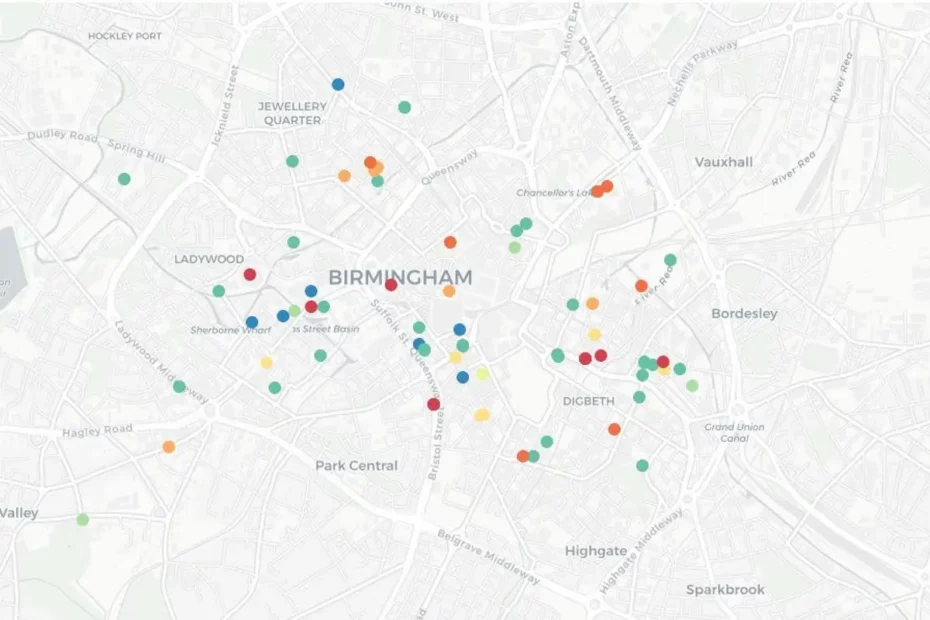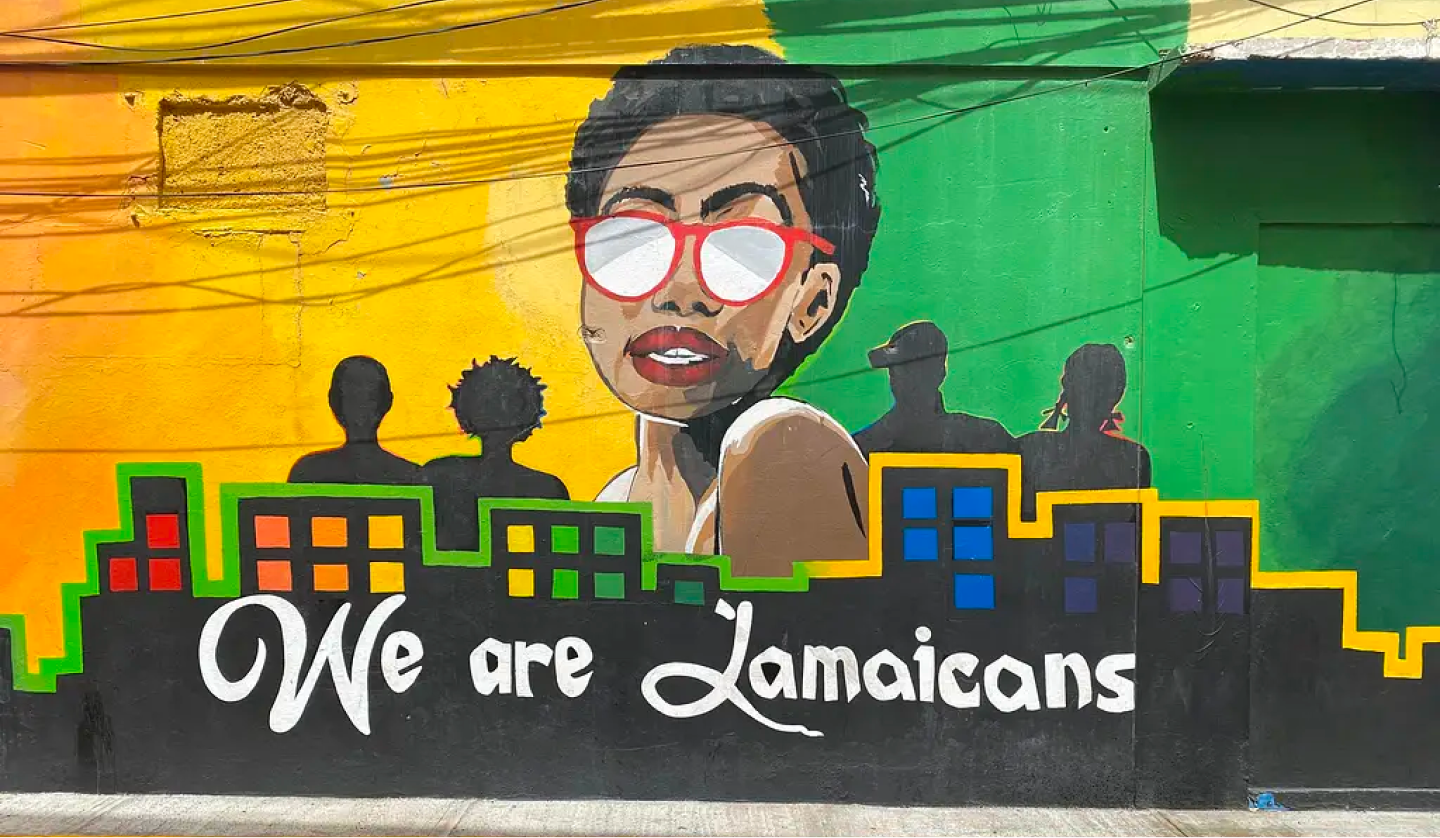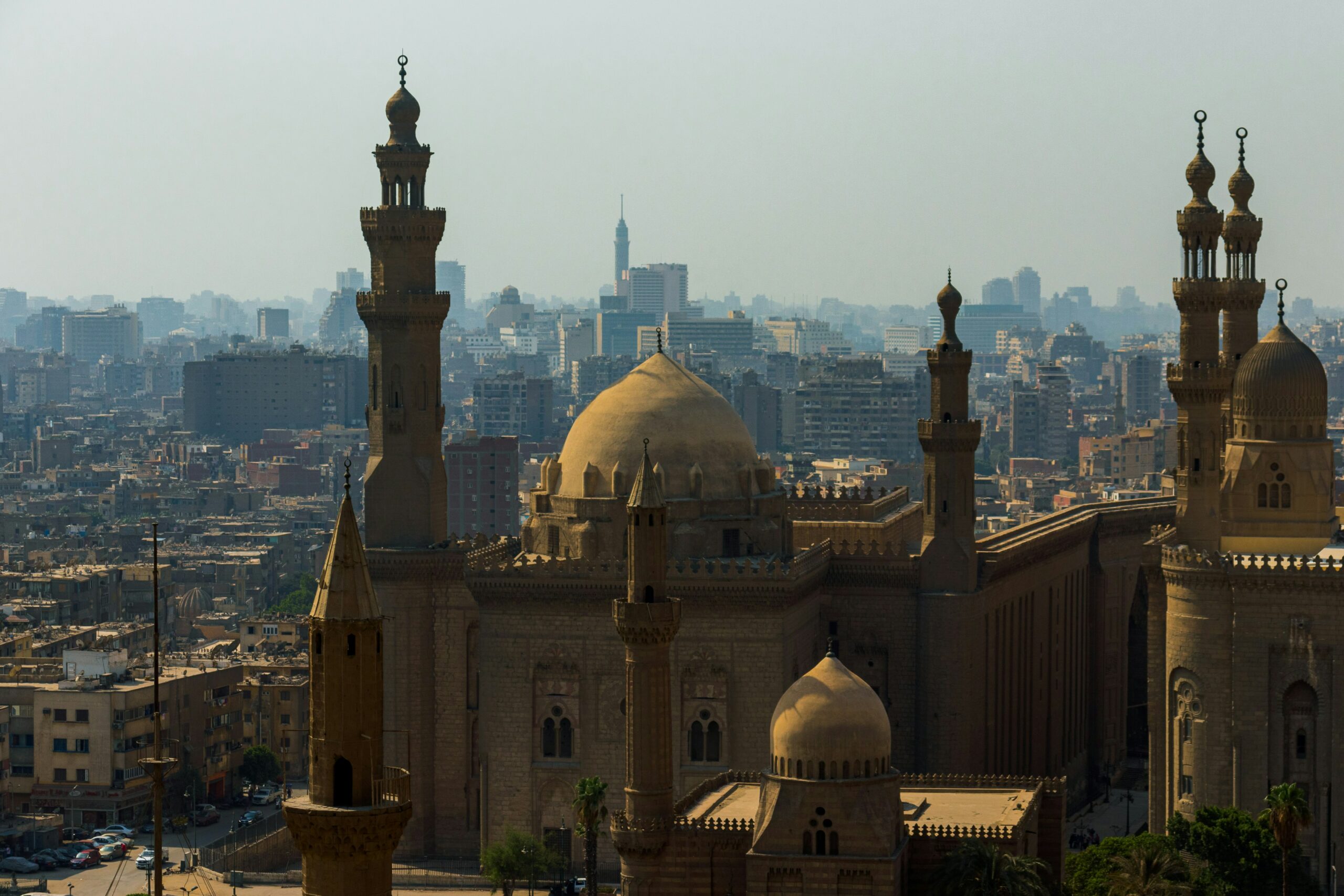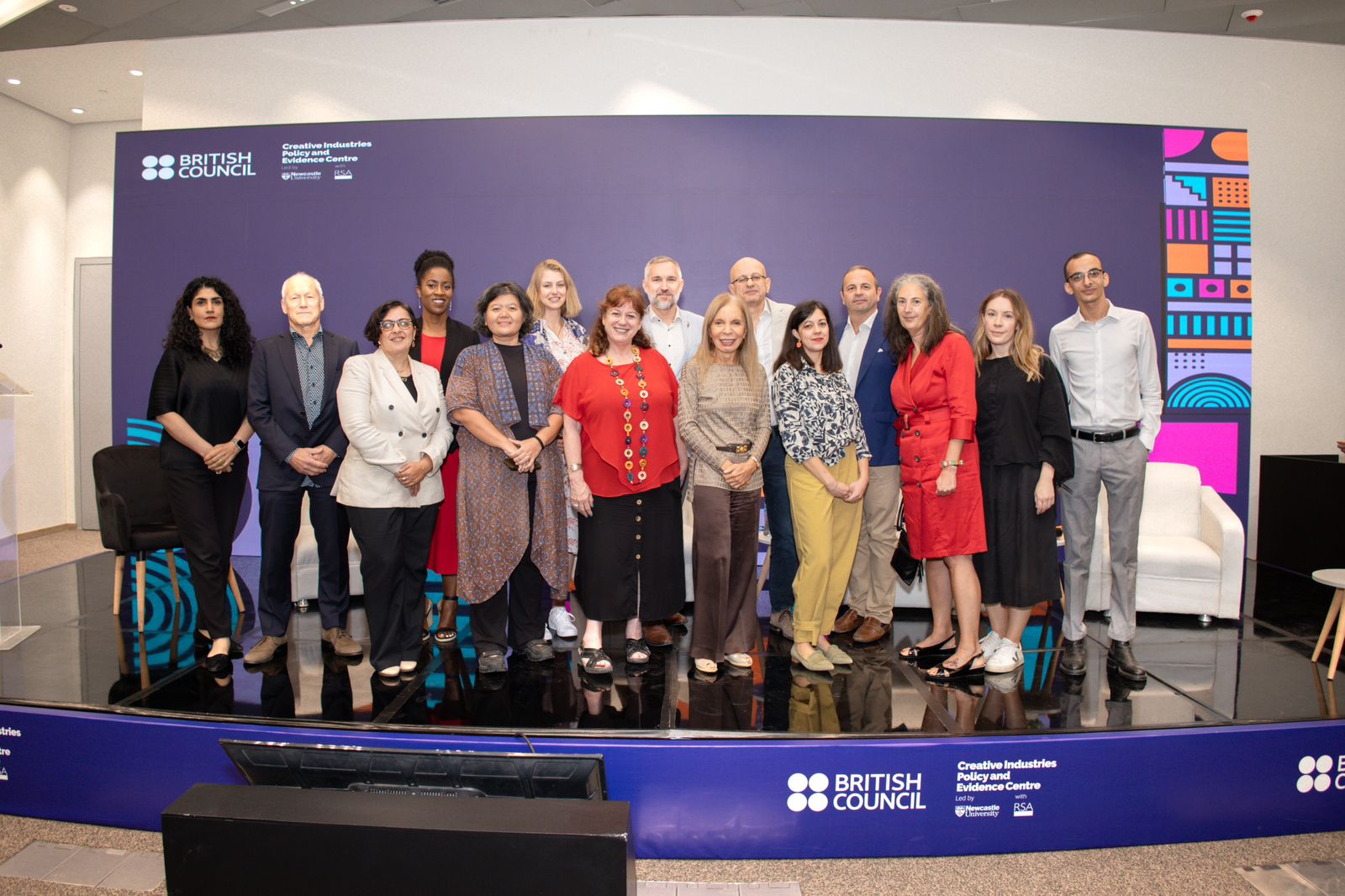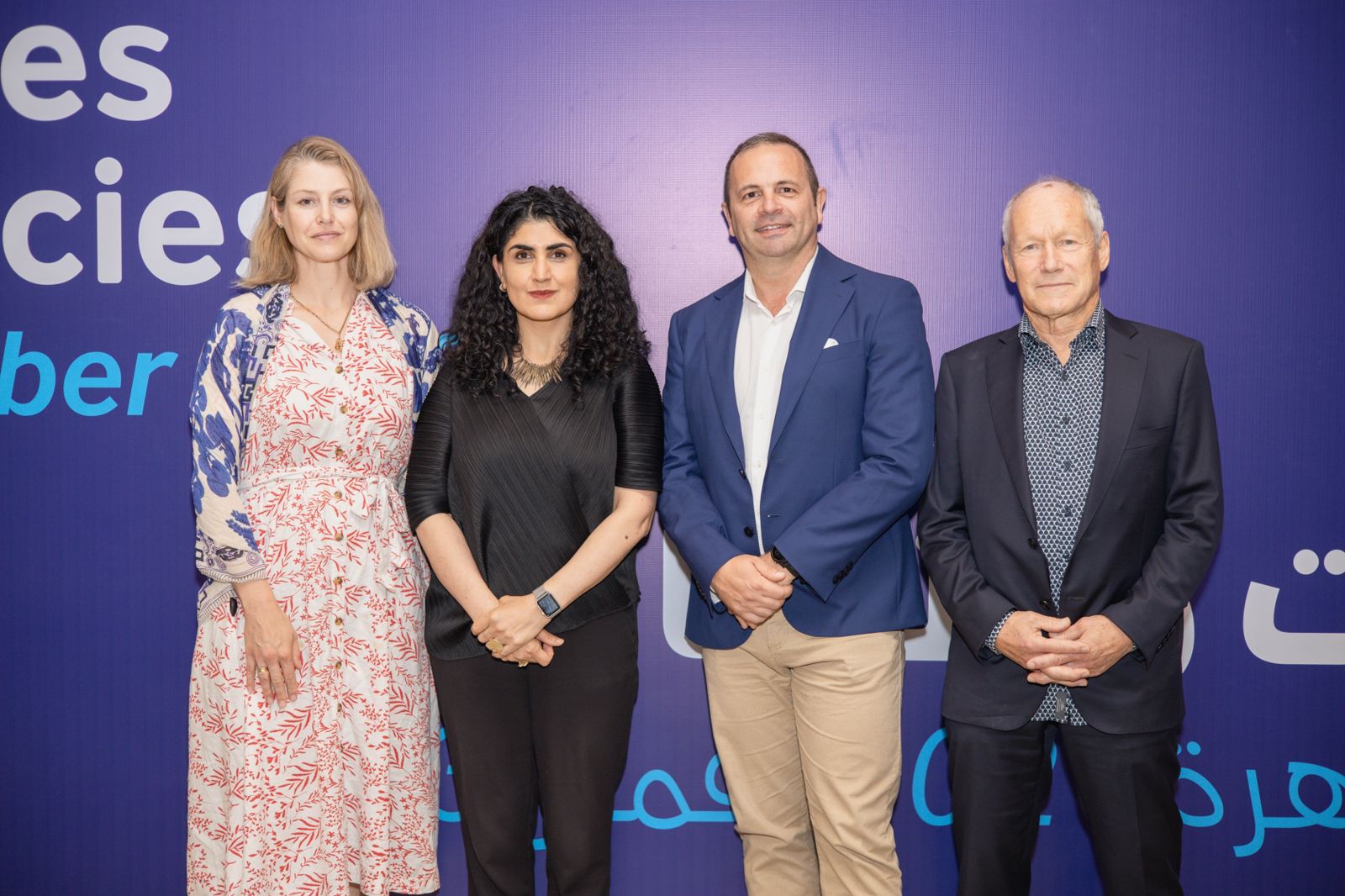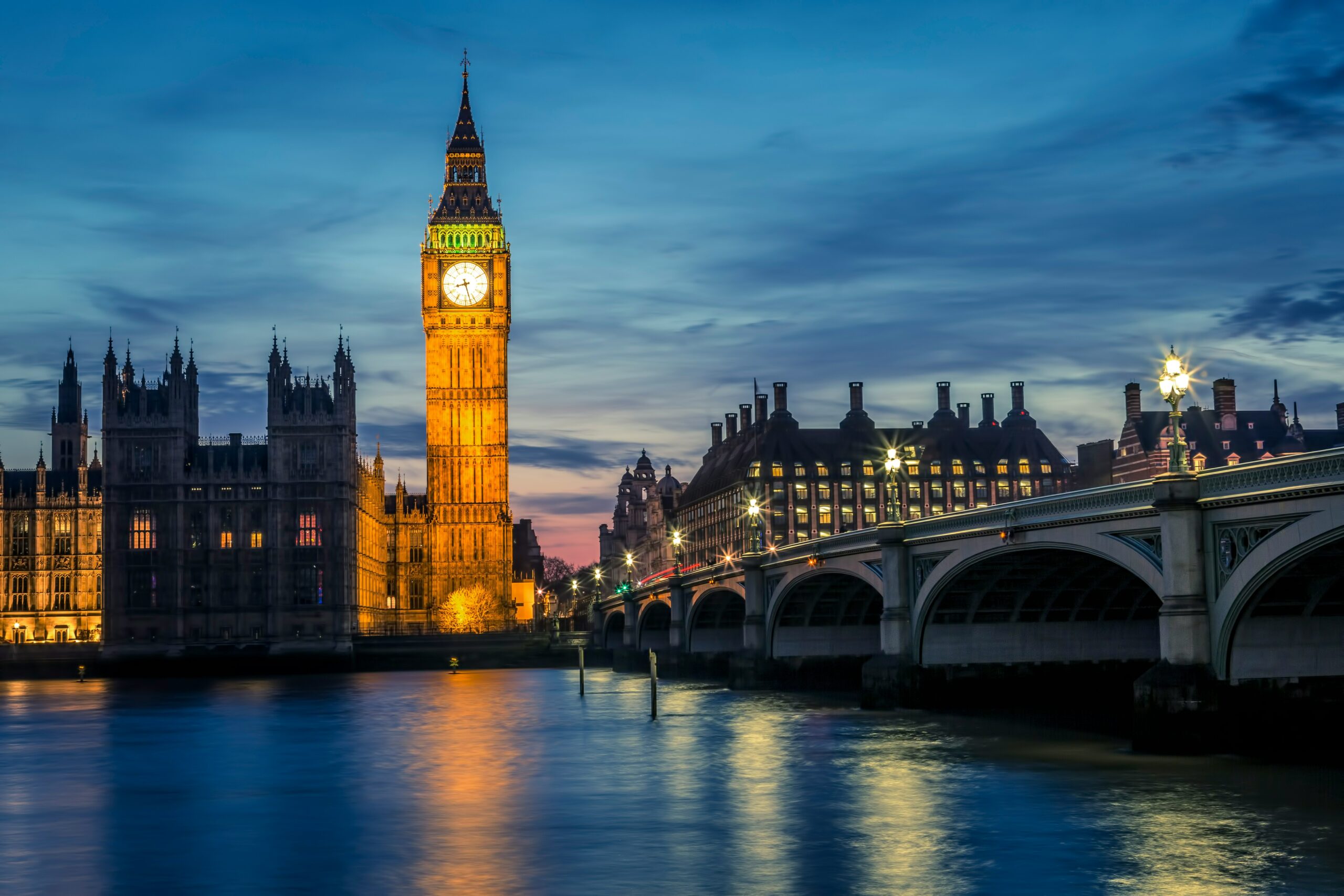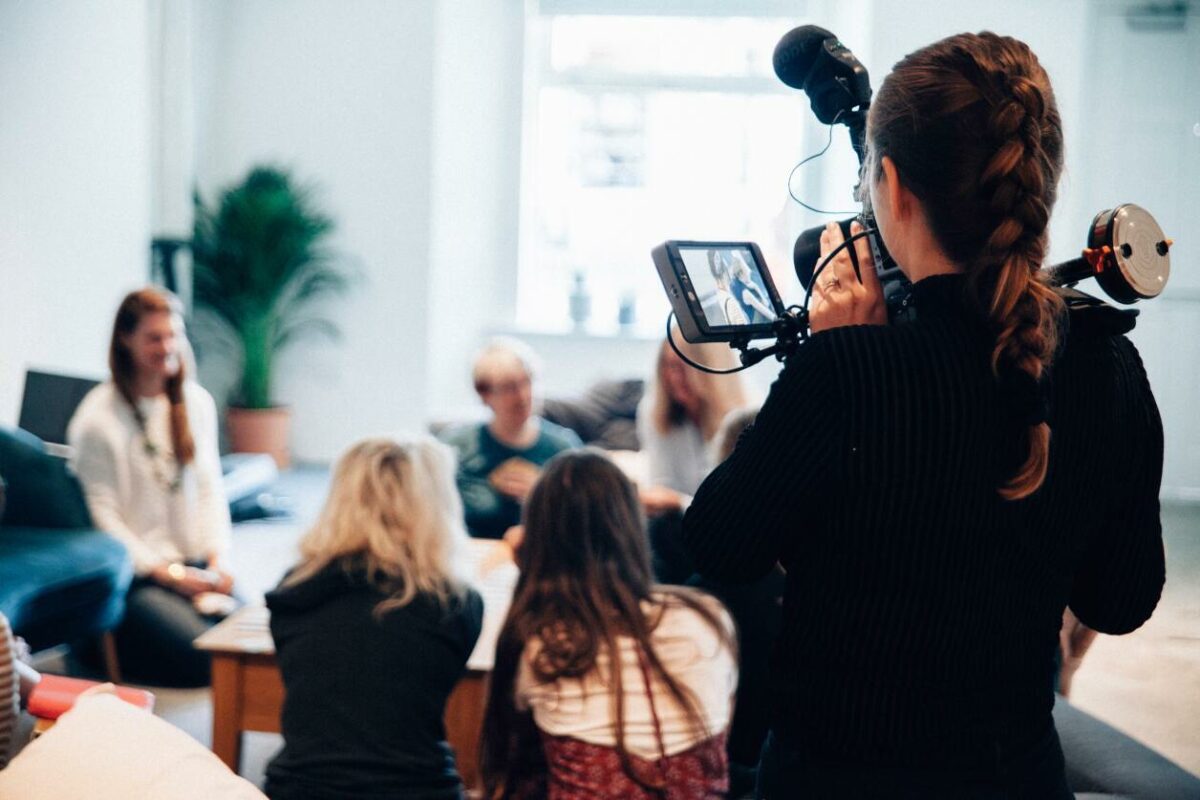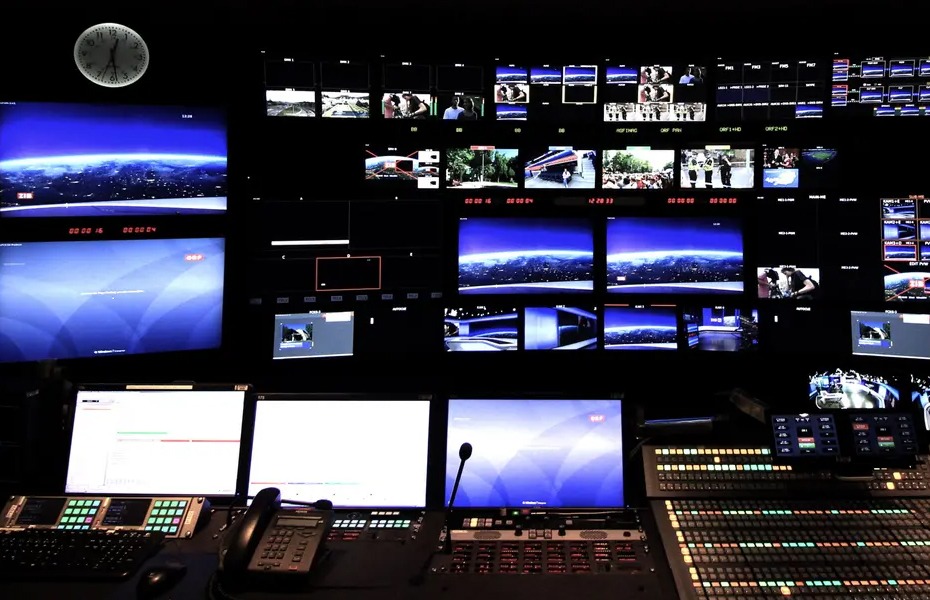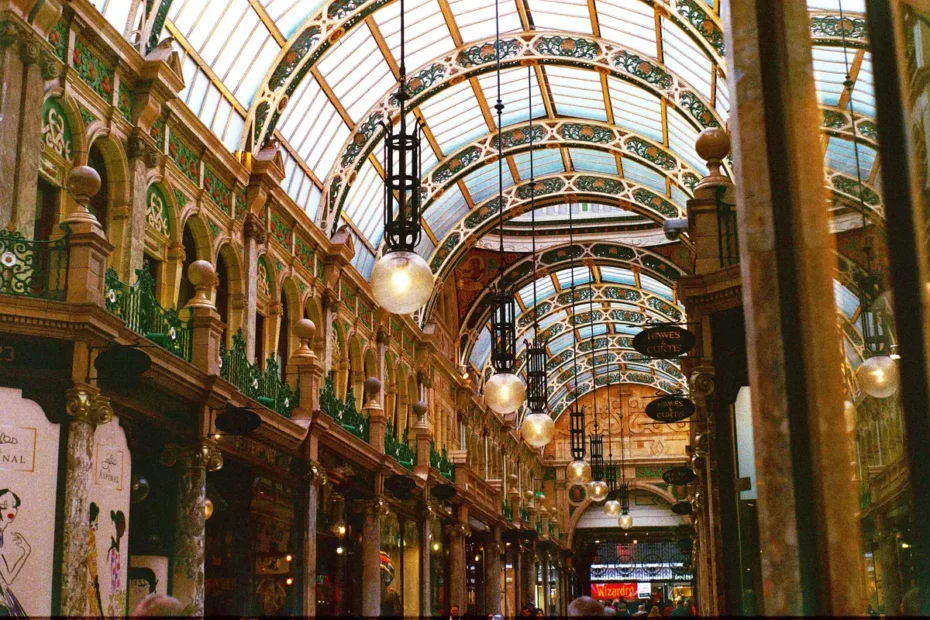Recent research from UK Music has highlighted the economic contribution that music tourism has made to the UK economy, with the headline figures showing that 29.8 million people attended live music events – with 11.2 million of them classed as music tourists – generating £4.5 billion in direct and indirect spend and sustaining 45,530 full time jobs. Out of that, £211 million remains in the West Midlands. Due to Brexit and COVID-19, the figures post 2020 will undoubtedly be affected, which will have a knock-on effect for Birmingham’s live music sector in particular and the city’s music industry more generally.
The Birmingham Live Music Project (BLMP) interactive map and database of live music venues in Birmingham launched on 1st June. The map was developed in collaboration between Aston University (Patrycja Rozbicka), Birmingham City University (Craig Hamilton) and Newcastle University (Adam Behr) as part of research that aims to produce the first ever comprehensive map of Birmingham’s music venues. The project aims also to map ‘live music ecology’ and illuminate the interdependencies across different local, national and global actors. The BLMP is part of the ‘UK Live Music Industry in a post-2019 era: A Globalised local perspective’, which is one of the PEC’s first commissioned research projects.
During the preparation of the map, the BLMP team exposed a very mixed picture with regard to what venues are doing and what options are available to them due to the current situation. While some smaller venues, like The Horseshoe Inn (B14 5EL), closed their premises, others (see below) have moved to live music streaming and new forms of individual engagement with their customers, including crowdsourcing.
All live performances across Birmingham are now cancelled. The expectation is that some will make a comeback later this year, promising at least to some degree a packed agenda for November and December. During these uncertain times, some of the local venues (of small to medium capacity) are bringing fans and their patrons together via their online platforms: the Sunflower Lounge (B5 4EG) organizes daily live streaming sessions on Instagram; the Night Owl (B9 4AG) is offering livestreams from their DJs sessions; and Pirate Studios (B9 4EG) is giving over its Instagram channel to Producer Nutty P to chat about production, set ups, and ‘how to keep up sane’– offering a unique opportunity for studio patrons to stay in contact with bands and venues.
Some of the venues exclusively update their benefactors through online posts on Facebook and Instagram, including messages on how the staff are doing, encouraging their followers to ‘stay safe’, and ‘be kind’, as well as keeping hopes alive for a re-opening in near future with new, ‘exciting’ line-ups (see for example: the Facebook page of Hare and Hounds, B14 7JZ). Some of the venues also offer offline delivery of various products and merchandise (for example: DigBrew.Co, B5 5SA, or 1000 Traders, B1 3HE). Venues are encouraging engagement through fundraising and the sale of merchandise, but this is not as widespread in Birmingham as in some other cities and towns (for example, a fantastic crowdfunding campaign by the Boileroom in Guildford, which has already collected more than £20.000).
Insights from the BLMP map show that, as scenes and venues vary across the city, much depends on the resources available (for example, where venues and scenes sit within the furlough scheme). While the majority of the smallest venues and social clubs have suspended their activity, the venues of 150-300 capacity that are particularly important sites in their local areas (for example, the Hare and Hounds in Kings Heath) remain active, albeit on social media channels or through online-ordered deliveries. It is important to notice, however, two characteristics that are especially problematic for the situation in Birmingham: Firstly, if a venue is not doing online deliveries, the majority of their online social media activity is conducted on voluntary basis, with neither artists nor venues receiving direct revenue. Relatedly, a lack of revenue and/or crowdsourcing endangers venues’ ability to maintain their existence and to be able to re-open when restrictions are lifted. Secondly, being in problematic financial shape suggests that some smaller venues (which, based on the BLMP map, are numerous in Birmingham and its suburbs) will not be able to afford the implementation of the likely costly health protocols required for reopening, thereby delaying their re-opening even more.
The situation is challenging for everyone, but the goal of the project is to identify where the most acute (and long term) needs arise. The data collected for the map to date can be extrapolated and used to develop complementary coping policies, allowing for the forecasting of market and industry change and therefore the development of reactive strategies. Long term, the outcomes, findings and replicable working methods deriving from the project will ensure that other regions – and particularly urban centres – will benefit, helping raise awareness of the live music sector and the challenges it faces.
The BLMP research findings – and particularly the data and mapping of the health of the sector in Birmingham – will be of interest and use to various stakeholders in the city, and beyond, to help with their policy and strategy work with agencies such as the West Midlands Combined Authority, Greater Birmingham and Solihull LEP, and Birmingham City Council. Beyond cultural policies, the data can impact upon city planning and development policies, licensing regimes, and environmental regulation.
Currently, the mapping is limited to the geographic area covered by B-prefix postcodes – excluding the wider West Midlands and greater Birmingham area – to render the scope of the project manageable and achievable. However, there are plans to expand the map in the future.
If you are interested to find out more about the project, please get in touch with the BLMP team at info@livemusicresearch.org, via twitter @livemusicres or Facebook @livemusicresearch.
Related Blogs
Island in Transition: The Journey from Reggae Music Mecca to Creative Economy Hub
Andrea Dempster Chung, Co-founder and executive director of Kingston Creative A blog from Creative P…
UK engagement in Central Asia: Education and the creative economy in the territories of the ‘new Silk Roads’
Dr Martin Smith and Dr Gerald Lidstone look at the history of the British Council's work in Central …
Creative Industries in Egypt: An Overview
Omar Nagati – GCEC Member and Co-Founder of CLUSTER – outlines the findings of a study into the crea…
Introducing the Global Creative Economy Council (GCEC)
Hasan Bakhshi and Rehana Mughal explain what the GCEC is trying to achieve and how the network will …
Global Creative Economy Council: An introduction from the Chair
John Newbigin introduces Creative PEC's Global Creative Economy Council
Creative PEC’s response to the Spring Budget 2024
Creative Industries in the 2024 Spring Budget The creative industries are a significant part of the …
Copyright protection in AI-generated works
Timely exploration of copyright law and AI generated creative content
The economic value of cinema venues to their communities
In a tough economic climate for cinemas and where there is limited public funding, it is important t…
Creative diversity in higher education
As the APPG for Creative Diversity launches their annual report, ‘Making the Creative Maj…
Estimating the Contribution of Arts, Humanities and Social Sciences (AHSS) R&D to Creative Industries R&D
The UK’s creative industries are hugely innovative; PEC research has suggested that over two-th…
The Media Bill and the future of Public Service Broadcasting policy
In March the government published the first draft of its long-awaited Media Bill. The Bill prop…
Creative spillovers: Do the creative industries benefit firms in the wider economy?
The creative industries are a force for innovation in the UK. Firms in the creative industries (CIs)…
